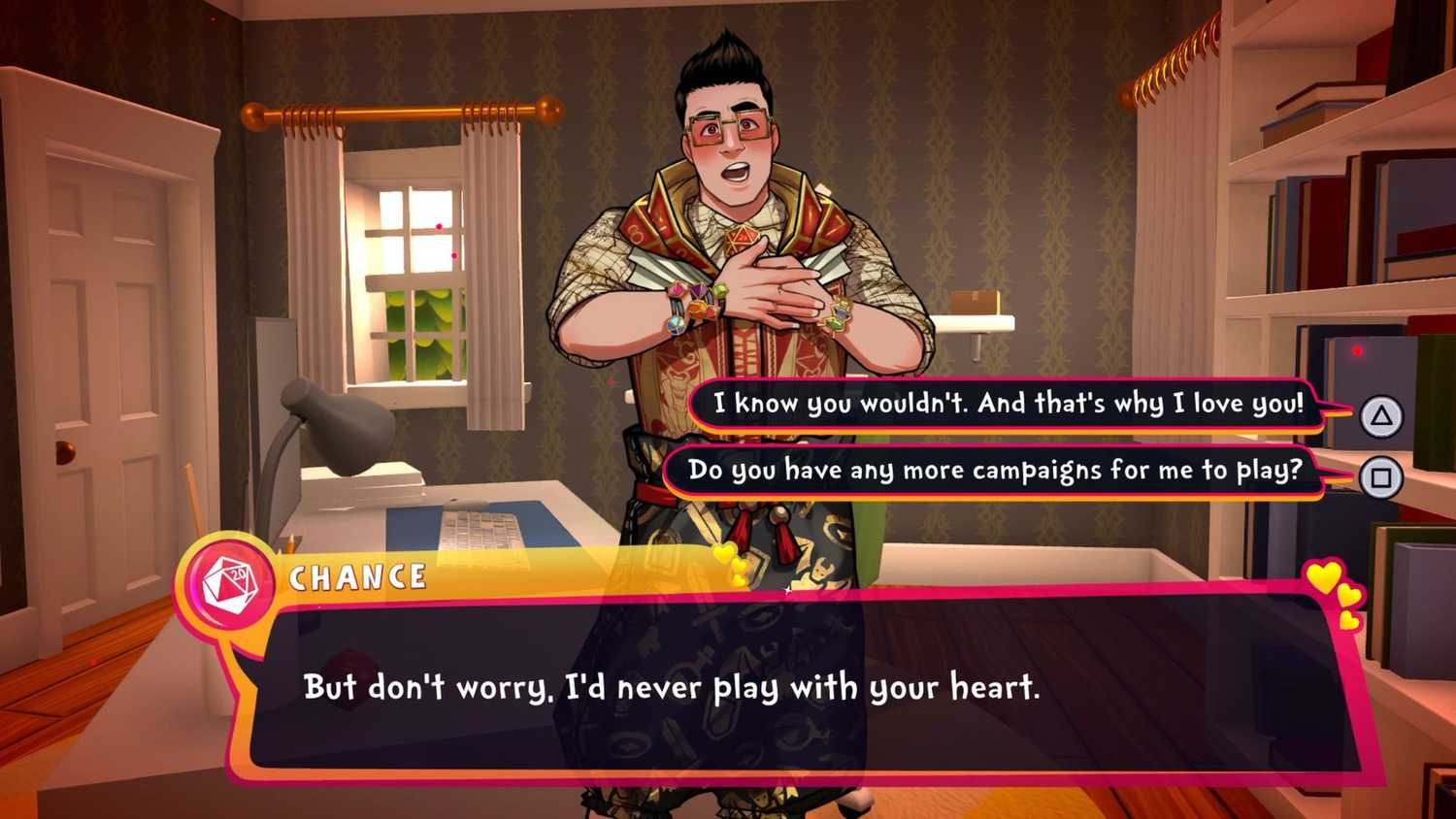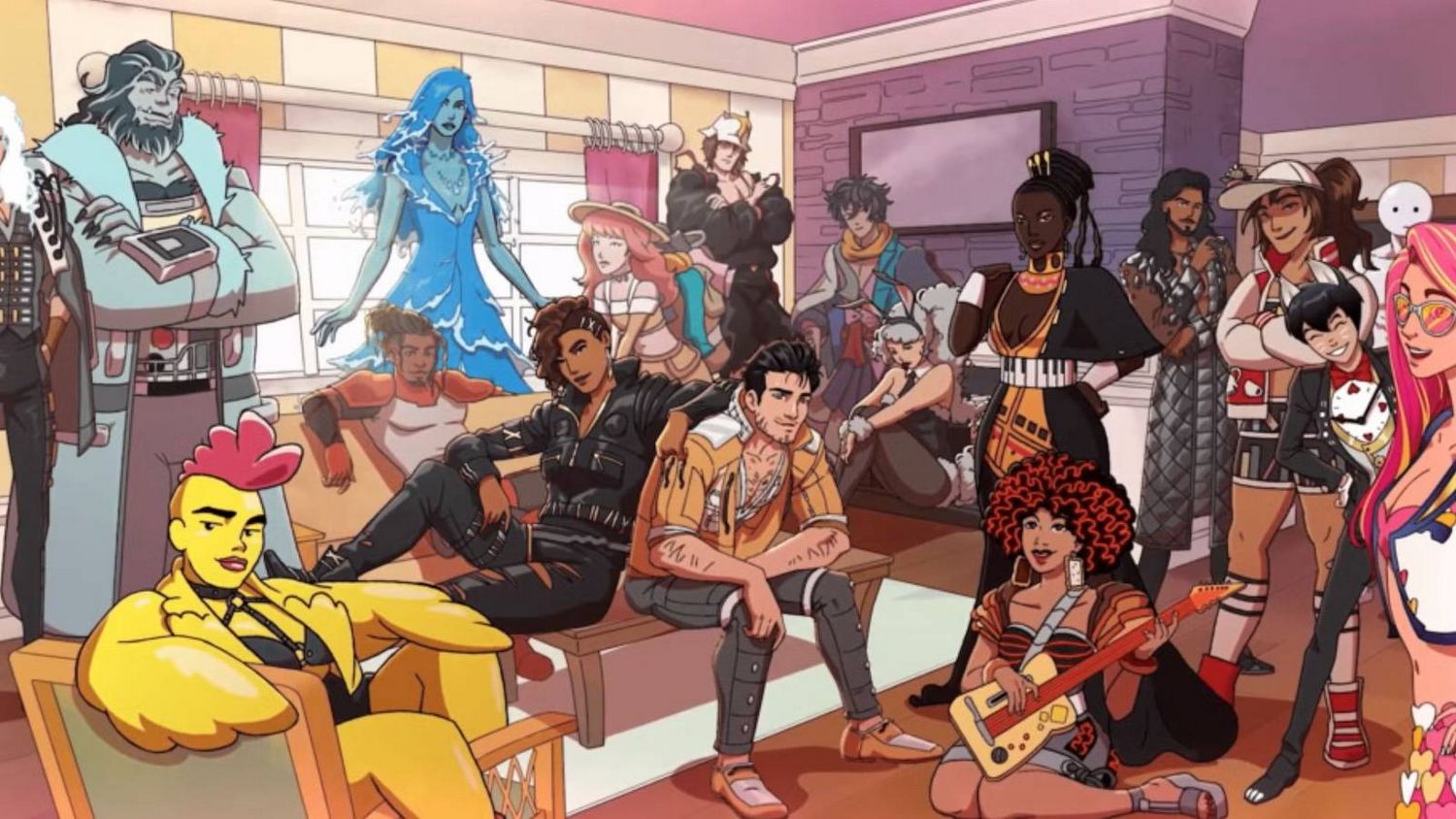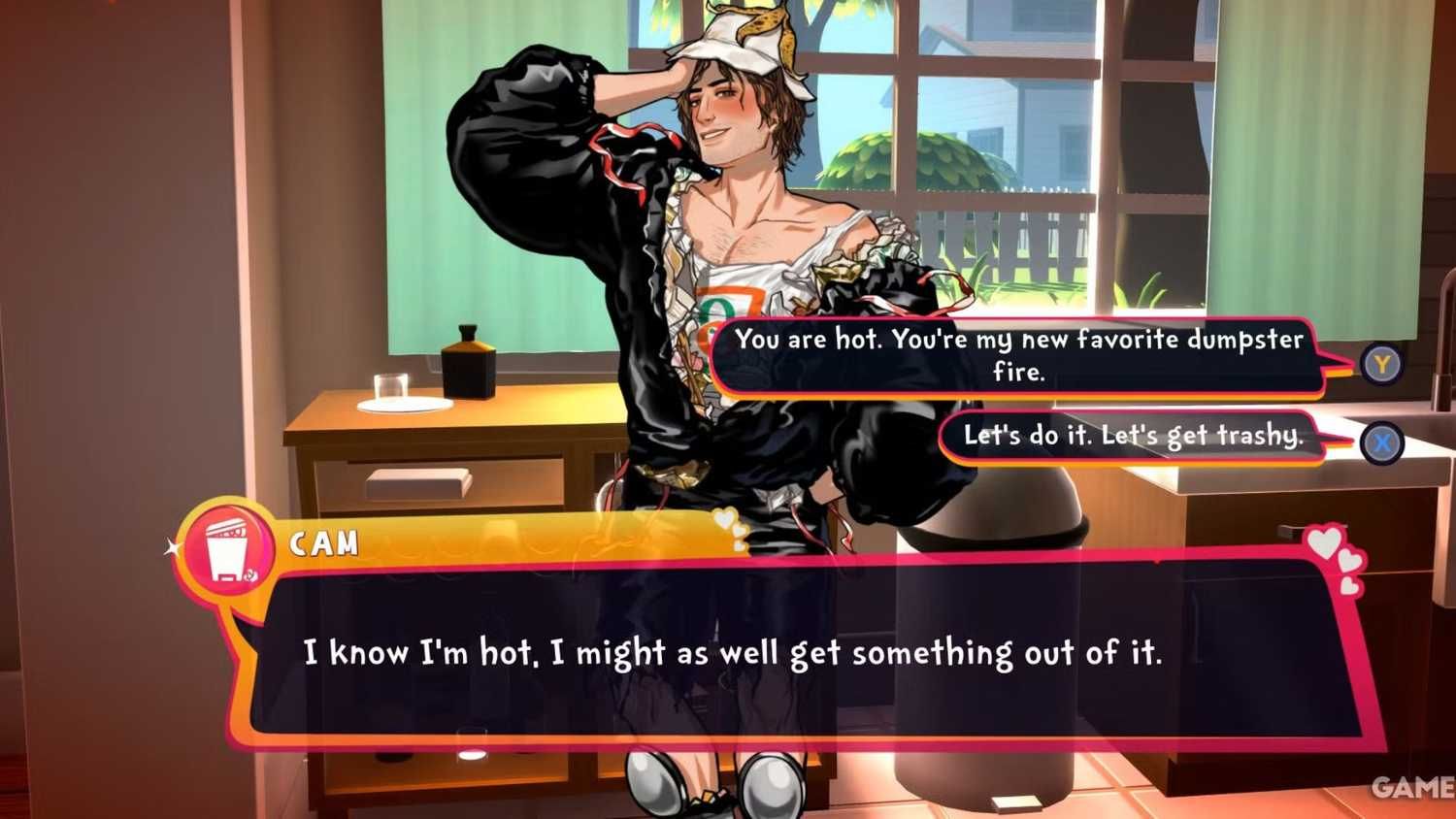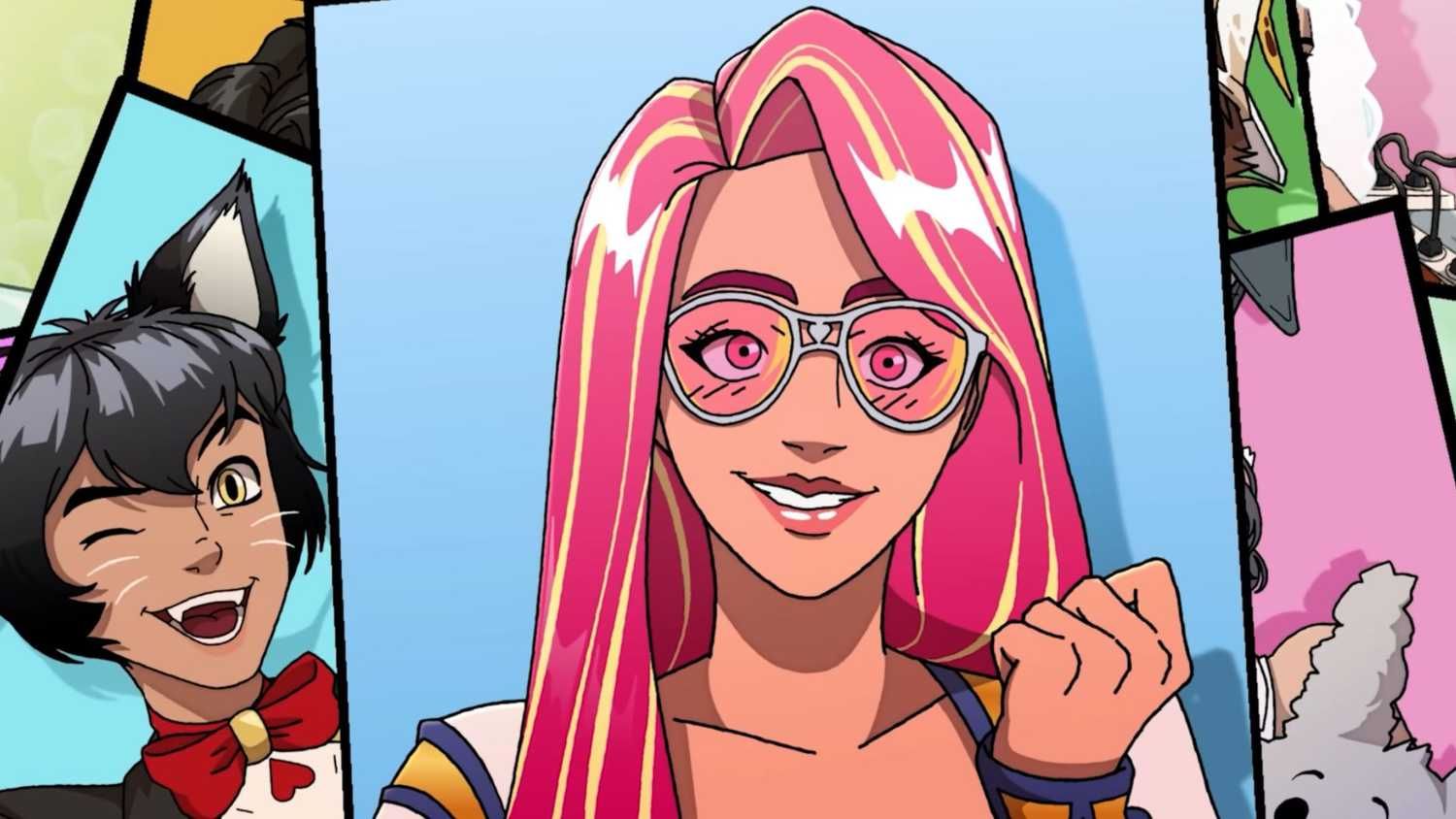A New Era of Digital Romance: Exploring Games That Let You Date Everyone
Popular Now
 League of Legends
League of Legends
 CarX Street
CarX Street
 Gacha Club
Gacha Club
 Fortnite
Fortnite
 PUBG Mobile
PUBG Mobile
 Warframe
Warframe
 NBA 2K24
NBA 2K24
 Fall Guys
Fall Guys
 God of War Ragnarök
God of War Ragnarök
 Rust
Rust  The landscape of video game romance has undergone a dramatic transformation. What was once a niche mechanic, often limited to a few specific characters with strict gender-locked relationships, has evolved into a central feature in many of today’s most popular titles. In a move toward greater inclusivity and player freedom, an increasing number of developers are crafting games that allow players to pursue romantic relationships with any and all eligible characters, regardless of the player character’s gender. This “player-sexual” approach has become a highly sought-after feature, driving engagement and creating deeply personal narratives that resonate with a diverse player base. We’re going to dive into this trend and highlight some of the most notable games that have embraced this modern take on digital love.
The landscape of video game romance has undergone a dramatic transformation. What was once a niche mechanic, often limited to a few specific characters with strict gender-locked relationships, has evolved into a central feature in many of today’s most popular titles. In a move toward greater inclusivity and player freedom, an increasing number of developers are crafting games that allow players to pursue romantic relationships with any and all eligible characters, regardless of the player character’s gender. This “player-sexual” approach has become a highly sought-after feature, driving engagement and creating deeply personal narratives that resonate with a diverse player base. We’re going to dive into this trend and highlight some of the most notable games that have embraced this modern take on digital love.
The Rise of Player-Centric Romance
For a long time, romance in RPGs (Role-Playing Games) and life simulation games was often a case of finding the right combination of dialogue choices and gifts for a pre-determined partner. The player’s own identity was often secondary to the established sexual preferences of the non-player characters (NPCs). However, as the gaming industry has matured and become more aware of its global audience, the demand for more flexible and inclusive romance options has grown exponentially. The concept of “player-sexual” characters—NPCs whose romantic interest is determined entirely by the player’s actions and not by their gender—has become a hallmark of progressive game design. This approach not only provides a more liberating experience but also encourages multiple playthroughs, as players can explore different relationships and story arcs.
 Stardew Valley: The Pioneer of Modern Farming-Sim Romance
Stardew Valley: The Pioneer of Modern Farming-Sim Romance
Few games have had as profound an impact on the genre as Stardew Valley. This beloved farming simulation game is a masterclass in providing a rich, heartfelt experience with a simple yet effective romance system. From its initial release, Stardew Valley allowed players to pursue any of the game’s twelve marriage candidates, regardless of their own character’s gender. This simple, yet revolutionary, design choice set a new standard for the genre. Players can build relationships through daily conversations, gift-giving, and completing special heart events that reveal each character’s unique backstory and personality. The game’s wholesome and accepting community, coupled with its flexible romance system, has cemented its place as a quintessential title for players who value inclusivity and meaningful character development. The game’s success has also proven a strong business case, as it consistently ranks high in best indie games lists and generates significant CPC value for keywords like Stardew Valley romance options and Stardew Valley multiplayer.
 Baldur’s Gate 3: A Masterclass in Player Freedom
Baldur’s Gate 3: A Masterclass in Player Freedom
Larian Studios’ epic RPG, Baldur’s Gate 3, has been lauded for its unparalleled freedom and dynamic storytelling. The game’s romance system is a prime example of this philosophy. While some companions have preferences that might require specific actions or alignments, the vast majority of romanceable characters are “player-sexual.” This means that whether you’re playing as a male, female, or non-binary character, you can pursue deep, cinematic relationships with almost all of your companions. The game’s success is a testament to the fact that a complex, engaging narrative and a romance system that truly respects player choice are not mutually exclusive. The sheer volume of content and the high-quality writing for each romance arc has led to a surge in searches for phrases like Baldur’s Gate 3 romance guide and best companions in BG3, highlighting the game’s impact on player behavior and its high-value keywords in the gaming market.
Other Notable Titles Embracing Inclusivity
While Stardew Valley and Baldur’s Gate 3 are standout examples, a number of other games have also embraced this trend, each with its own unique twist:
- Rune Factory 5: This fantasy farming RPG takes the beloved life-sim formula and adds in a rich combat system and a more open-ended romance system. Like its contemporaries, it allows players to romance any of the eligible bachelors and bachelorettes, a significant and welcome change for the series.
- My Time at Sandrock: As the sequel to My Time at Portia, this title continues to build on its predecessor’s foundation with an expanded world and a wide array of romance options. It offers a large cast of well-developed characters, many of whom are open to dating the player regardless of gender.
- Hades: Supergiant Games’ critically acclaimed rogue-like has a romance system that, while not a central pillar of the gameplay, is remarkably inclusive. The protagonist, Zagreus, can pursue relationships with several characters who are not gender-locked, adding a layer of emotional depth to an otherwise fast-paced and challenging game.
- Fallout 4: In Bethesda’s post-apocalyptic RPG, many of the companions are “player-sexual,” meaning their romantic interest in you is not tied to your gender. This is a subtle but important feature that enhances the role-playing experience and allows for a more personal story in the desolate wasteland.
 The Future of Game Romance
The Future of Game Romance
The trend towards “dating everyone” reflects a broader cultural shift towards greater representation and inclusivity. Developers are recognizing that giving players more control over their narrative and relationships leads to a more engaging and memorable experience. This shift is not just a matter of social progress; it’s a savvy business decision. Games with flexible romance systems often receive widespread critical acclaim and strong word-of-mouth promotion, contributing to higher sales and a more dedicated community. As technology advances and games become more immersive, we can expect to see even more sophisticated romance mechanics that allow for complex, personal, and unrestricted relationships, further solidifying the place of romance as a core component of modern gaming.
The shift from rigid, gender-locked romance options to the “player-sexual” approach is a significant step forward for the gaming industry. It provides a more authentic and personal experience, and it has become a key selling point for new titles. As more developers embrace this philosophy, the future of gaming looks more inclusive, diverse, and filled with a wider range of stories for players to fall in love with.








 Stardew Valley: The Pioneer of Modern Farming-Sim Romance
Stardew Valley: The Pioneer of Modern Farming-Sim Romance Baldur’s Gate 3: A Masterclass in Player Freedom
Baldur’s Gate 3: A Masterclass in Player Freedom The Future of Game Romance
The Future of Game Romance